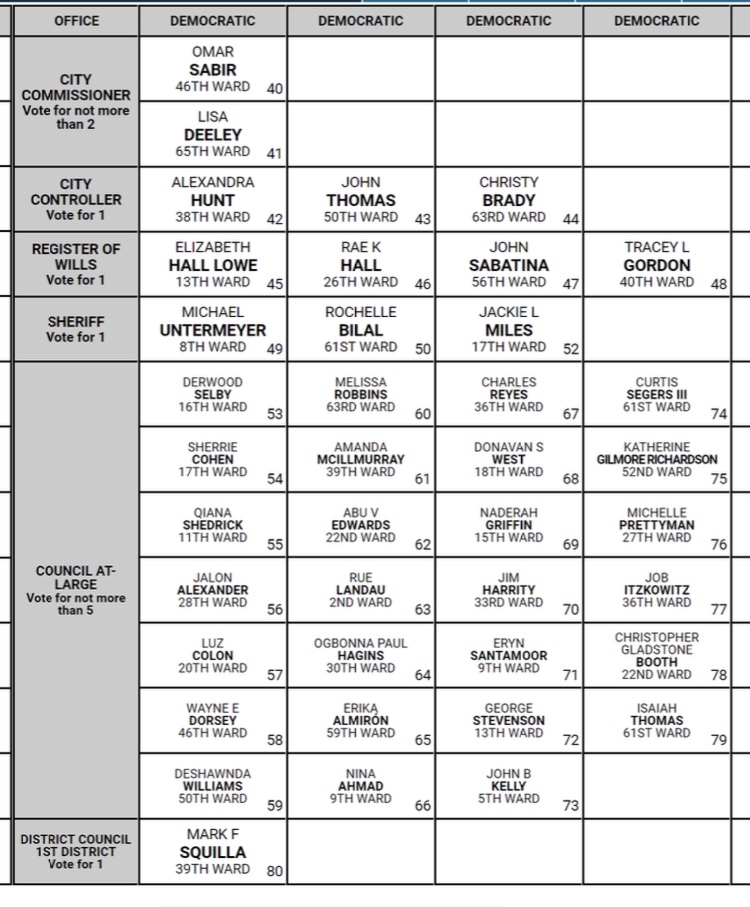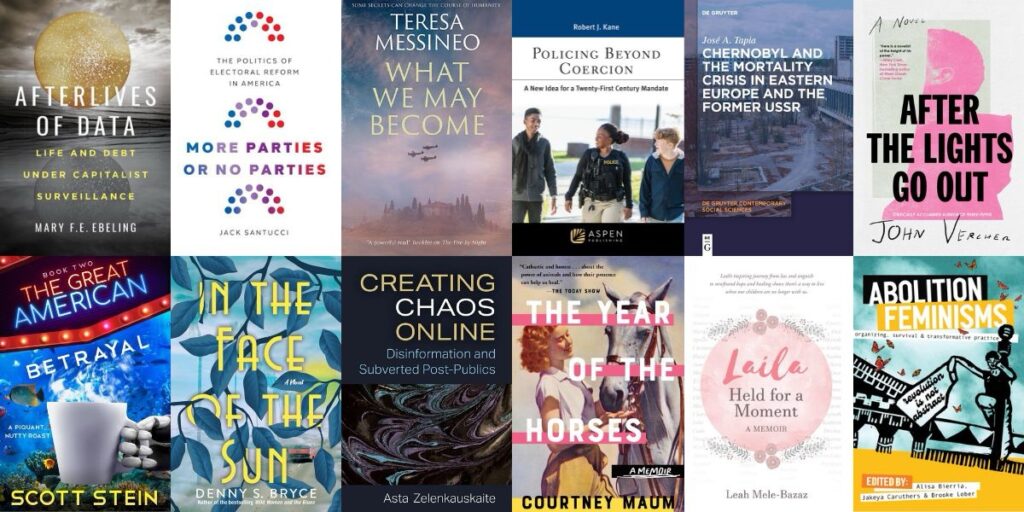The local paper of record has endorsed RCV in the context of a crowded Democratic mayoral primary. It also has called for nonpartisan elections (potentially with runoffs). How the latter might affect the former is left to the reader.
The endorsement followed a poll by several pro-RCV groups. One is pushing simultaneously in Harrisburg for open primaries.
I have been following the issue since I got here in early 2019. The Philadelphia Citizen wrote about it in 2016. There were murmurs of interest in good-government circles but not much more. (Hence we found the site useful for a survey experiment.) National groups became vocal in Spring 2021, shortly after New York City adopted RCV for primaries.
I discussed the issue on Philly NPR in late April.* Billy Penn ran a story earlier that week.
Here is a piece I wrote in October 2021. It recommended open-list proportional representation. (The conversation at the time was less mayor-centric.) It also noted that a Philadelphian had invented list PR in the 1840s. This was partly to address the unpredictability of runoffs.
*The interview refers to me as an assistant professor. I am flattered but not one.

